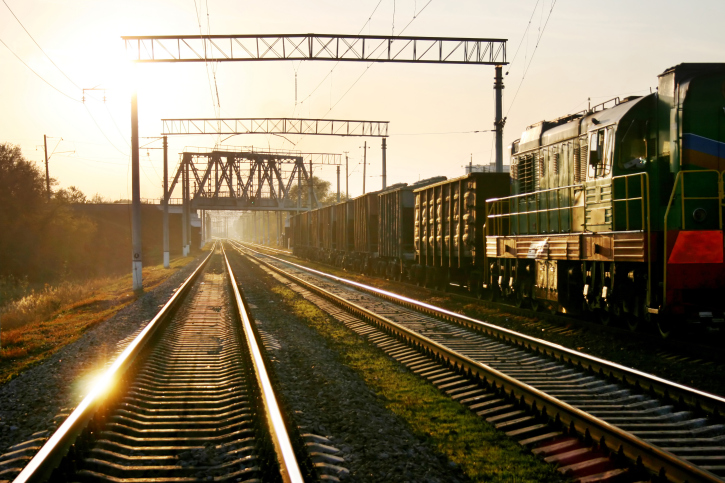Transportation
U.S. Transportation Infrastructure Threatened by Fiscal Cliff
Published:
Last Updated:

The Fitch report focuses on debt financing issued to public transportation-related facilities like airports and shipping terminals. For publicly financed roads, bridges, and tunnels the agency sees a relatively small loss (compared with the recession of 2008-2009), but does see challenges to “completely offset” lower traffic or to meet debt service obligations that will be growing.
Regarding airports, Fitch says:
In general, Fitch would expect that passenger volumes would range from roughly flat to a 5% decline as a consequence (of the fiscal cliff) … . In contrast, Fitch’s base case expectation for U.S. economic growth in 2013 would produce growth between approximately 1% and 4% in the airport sector.
At U.S. ports, imports would fall as consumer confidence and spending fall, and exports would also be expected to decline as a result of a U.S.-led recession that would contribute to lower growth in export markets.
It’s not too difficult to see how the impact of the fiscal cliff on publicly-owned transportation facilities would affect private companies like airlines, shipping firms, railroads, and trucking. If financing becomes harder to get, facilities could be forced to cut back on various services and defer expansion because it will be difficult to muster political support for increasing tariffs yet again.
The Fitch Ratings report is available here.
Paul Ausick
After two decades of reviewing financial products I haven’t seen anything like this. Credit card companies are at war, handing out free rewards and benefits to win the best customers.
A good cash back card can be worth thousands of dollars a year in free money, not to mention other perks like travel, insurance, and access to fancy lounges.
Our top pick today pays up to 5% cash back, a $200 bonus on top, and $0 annual fee. Click here to apply before they stop offering rewards this generous.
Flywheel Publishing has partnered with CardRatings for our coverage of credit card products. Flywheel Publishing and CardRatings may receive a commission from card issuers.
Thank you for reading! Have some feedback for us?
Contact the 24/7 Wall St. editorial team.